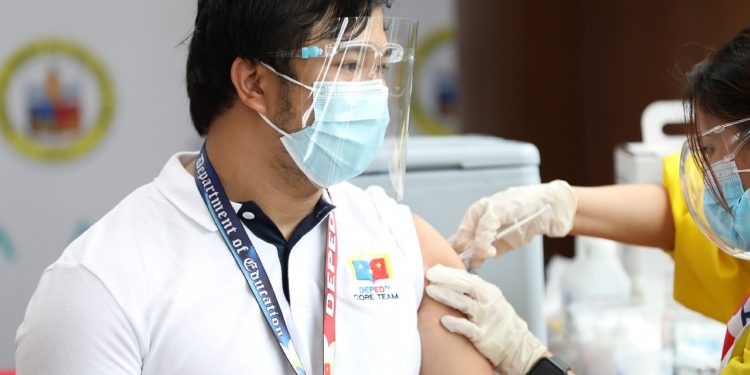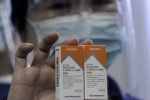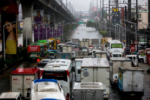Increase in cases in 14 areas temporary upticks only: OCTA

MANILA – The increase in Covid-19 cases in 14 areas under Alert Level 1 may be temporary upticks only, OCTA Research Group said Wednesday.
“Sa ngayon, statistical, it looks like baka temporary increase lang or upticks but we have the right to change our analysis kapag makakita tayo ng additional data over the next week, pwede magbago yung pananaw namin (Currently, statistical, it looks like temporary increase only or upticks but we have the right to change our analysis when we see additional data over the next week, our observation might change),” OCTA Research Group fellow Dr. Guido David said in a televised public briefing.
In his report to President Rodrigo Duterte, Health Secretary Francisco Duque III said an increase in infections was seen in 14 areas in the past week.
While Duque did not enumerate the areas, he noted that the regions with the most number of new infections are the National Capital Region (NCR) with 606 cases; Region 4-A with 226 cases; and Region 3 with 181 cases.
The top areas with new cases are Cavite with 101; Manila with 92; and Quezon City with 82.
David said the upticks are not yet leading to surge but the public must observe proactive and preventive measures and not wait for a surge before it reacts.
According to OCTA, there are areas that “consistently” have low number of Covid-19 cases.
“May mga lugar na zero cases for sometime kunyari sa Eastern Visayas, may mga dalawang linggo nang walang cases, sa Northern Samar. Sa Batanes almost two weeks na rin walang new cases nare-report or Sorsogon (There are places with zero cases for sometime like Eastern Visayas, no new cases for two weeks, also Northern Samar. For Batanes, almost two weeks no new cases reported or Sorsogon),” David said.
Places that are logging new cases do not indicate high numbers.
“For example, NCR. The ADAR [average daily attack rate] in NCR is 0.6, less than one, ang baba pa rin niyan, kahit sabihin natin medyo nagpa-plateau [that’s still low, even if we say it’s plateauing], it’s still a very low level, all provinces are still at very low risk for now,” David added. (PNA)






